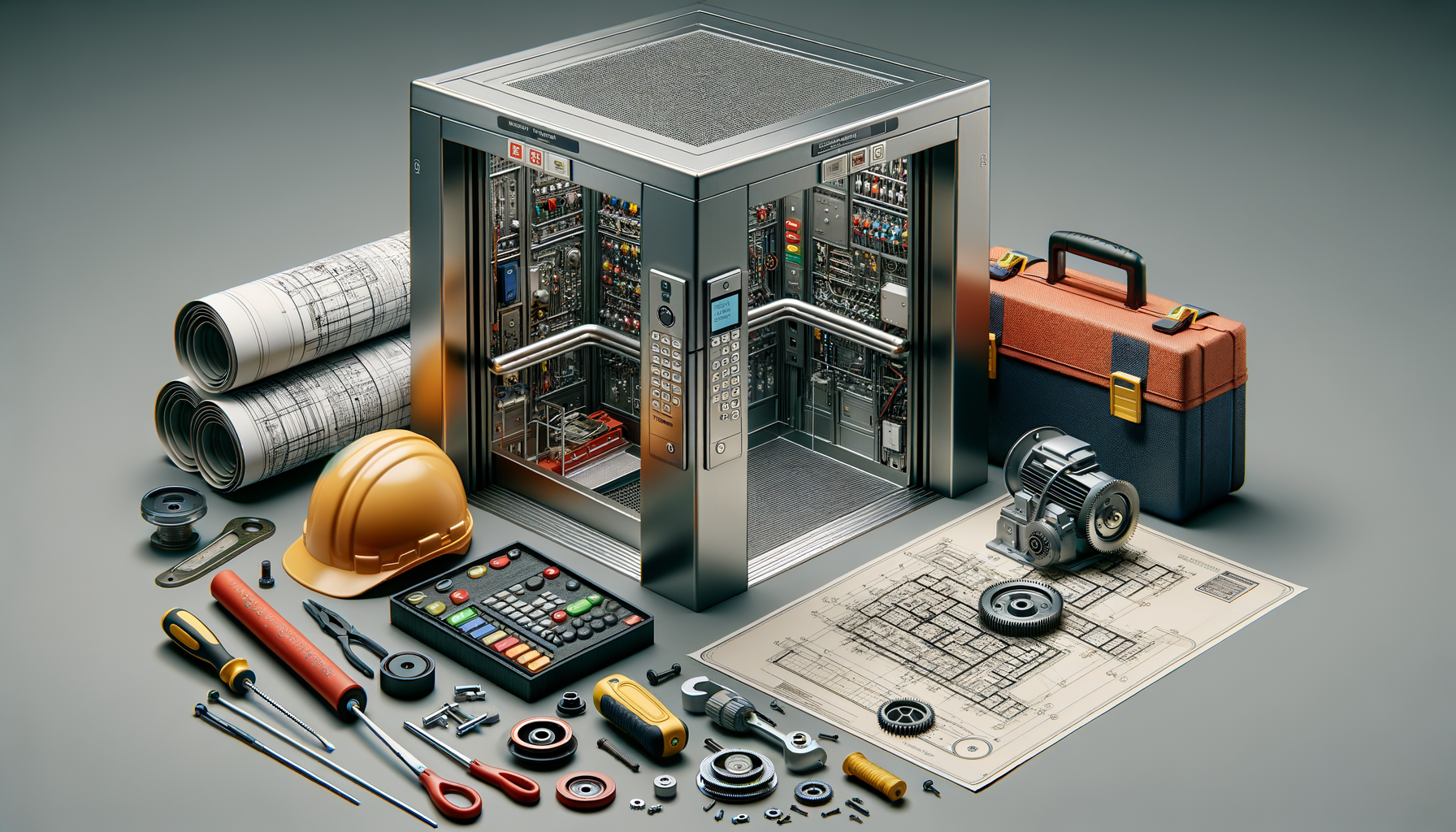Understanding the Role of an Elevator Repair Technician
Elevator repair technicians play a crucial role in ensuring the safety and functionality of elevators and escalators in buildings. Their primary responsibility is to maintain, repair, and install elevators, escalators, chairlifts, and other similar equipment. This job requires a deep understanding of mechanical systems, electronics, and safety protocols. Technicians must be adept at troubleshooting issues and performing repairs efficiently to minimize downtime and ensure safety.
Elevator technicians must be prepared to address a variety of challenges, including mechanical failures, electrical issues, and software malfunctions. Their work often involves working in confined spaces and at heights, requiring a strong adherence to safety practices. The demand for skilled elevator repair technicians is growing, driven by the increasing number of high-rise buildings and the need for regular maintenance of existing systems.
The Path to Becoming an Elevator Repair Technician
The journey to becoming an elevator repair technician typically begins with a high school diploma or equivalent. Prospective technicians often pursue further education and training through technical schools or community colleges, where they can gain foundational knowledge in electronics, mechanics, and hydraulics. Many programs offer hands-on training opportunities, allowing students to apply their learning in real-world scenarios.
Apprenticeships are a common pathway for gaining practical experience. These programs, which can last several years, combine on-the-job training with classroom instruction. Apprentices work under the supervision of experienced technicians, learning the intricacies of elevator systems and gaining valuable skills. Upon completing an apprenticeship, technicians may need to obtain certification or licensing, depending on regional regulations.
Key Skills and Knowledge Areas
Successful elevator repair technicians possess a blend of technical skills and personal attributes. Key skills include:
- Strong mechanical aptitude and understanding of electrical systems
- Proficiency in reading blueprints and technical diagrams
- Excellent problem-solving abilities
- Attention to detail and adherence to safety standards
In addition to technical skills, elevator technicians must have good communication skills to interact effectively with clients and other professionals. They should be able to explain complex technical issues in layman’s terms and provide clear recommendations for repair or maintenance work.
Challenges and Opportunities in the Field
While the role of an elevator repair technician is rewarding, it comes with its own set of challenges. Technicians often work in unpredictable environments, facing emergency repairs and tight deadlines. The physical demands of the job, such as lifting heavy equipment and working in cramped spaces, require physical fitness and stamina.
Despite these challenges, the field offers numerous opportunities for growth and advancement. Experienced technicians can move into supervisory or managerial roles, overseeing teams of technicians and coordinating large-scale projects. Additionally, the ongoing development of elevator technology, such as smart elevators and energy-efficient systems, presents opportunities for technicians to specialize in cutting-edge areas.
Conclusion: A Promising Career Path
For those interested in a hands-on career that combines technical skills with a focus on safety and customer service, becoming an elevator repair technician is a promising option. The path requires dedication and a commitment to continuous learning, but it offers a stable and rewarding career with the potential for advancement. As urban environments continue to grow and evolve, the demand for skilled elevator technicians will remain strong, ensuring ample opportunities for those entering the field.




Leave a Reply